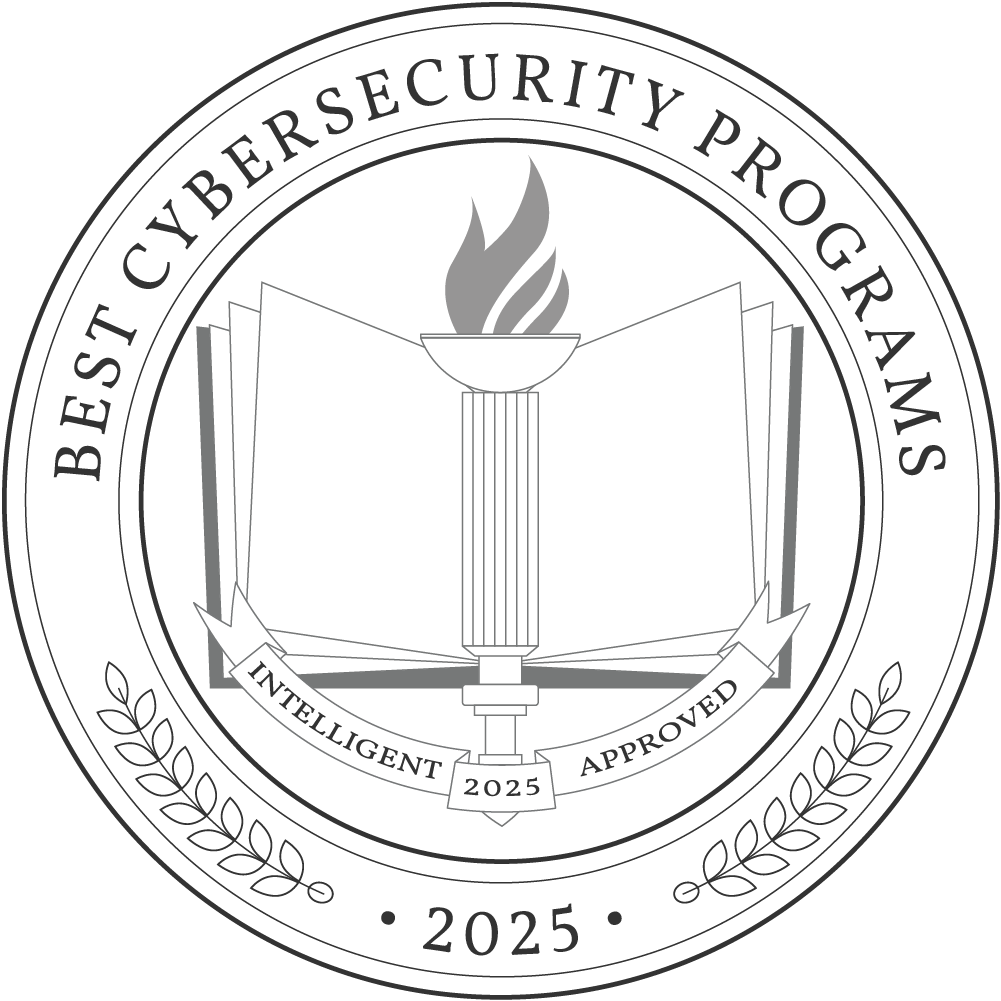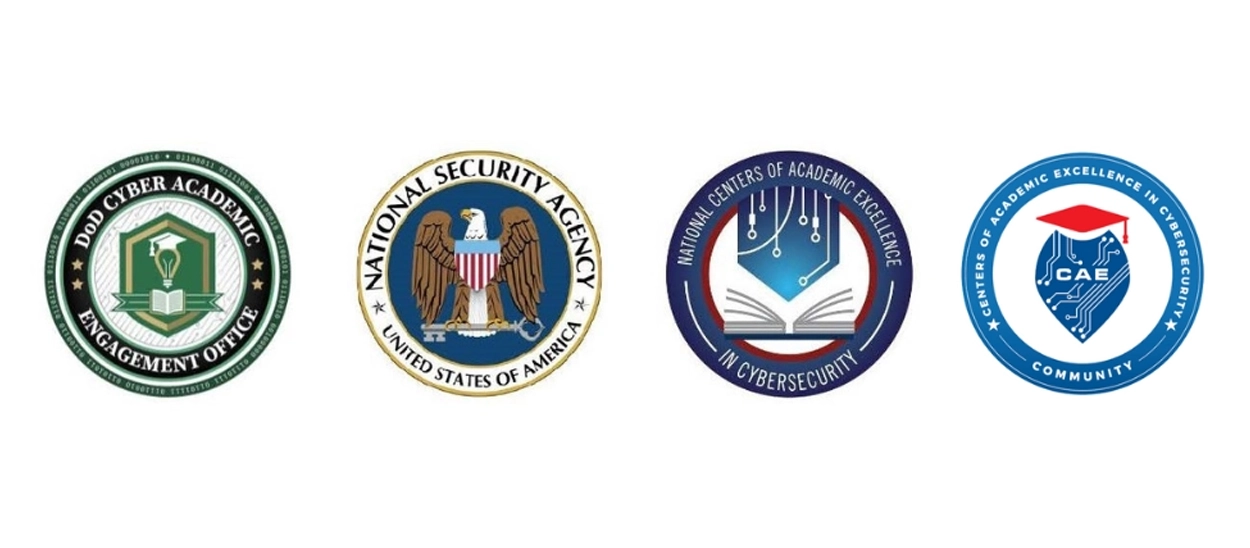Engineering & Computer Ethics: In this course, you’ll learn how to recognize ethical and professional responsibilities in engineering and computing. You’ll explore how technology decisions can affect people, communities, the environment, and the global economy. Topics include basic ethical ideas, professional codes of ethics, problem-solving strategies, and issues related to risk and safety. Through real-world case studies, you’ll practice discussing ethical challenges and clearly explaining your decisions while building skills you’ll need as a future professional.
Advanced Networking: This course goes beyond the basics of computer networking to explore how modern networks really work. You’ll study current technologies used for voice, mobile, wireless and remote connections, along with important topics like security, performance and system upkeep. You’ll also look at new research and emerging trends to understand how quickly the field changes. Hands-on activities are a key part of the course, as you’ll build working networks—from basic wiring to configuring routers and VPNs.
Mobile Forensics: In this course, you’ll learn how investigators examine mobile devices such as smartphones and tablets. You’ll study both the technical and legal sides of mobile forensics, using software tools to recover and analyze data from devices and removable storage. The course focuses on finding information that helps identify users and their actions. You’ll also learn about the investigation process, privacy concerns, evidence handling and the differences between private and criminal investigations, along with how mobile networks differ from traditional computer networks.


 Our cybersecurity program prepares students for careers in one of today’s fastest-growing fields, with opportunities in roles such as security analyst, incident response, compliance, and systems administration. Students gain practical experience through internships and real-world projects, developing technical skills in programming, information systems, and cybersecurity standards early in the program.
Our cybersecurity program prepares students for careers in one of today’s fastest-growing fields, with opportunities in roles such as security analyst, incident response, compliance, and systems administration. Students gain practical experience through internships and real-world projects, developing technical skills in programming, information systems, and cybersecurity standards early in the program.






 Academic Member - National CyberWatch Center
Academic Member - National CyberWatch Center